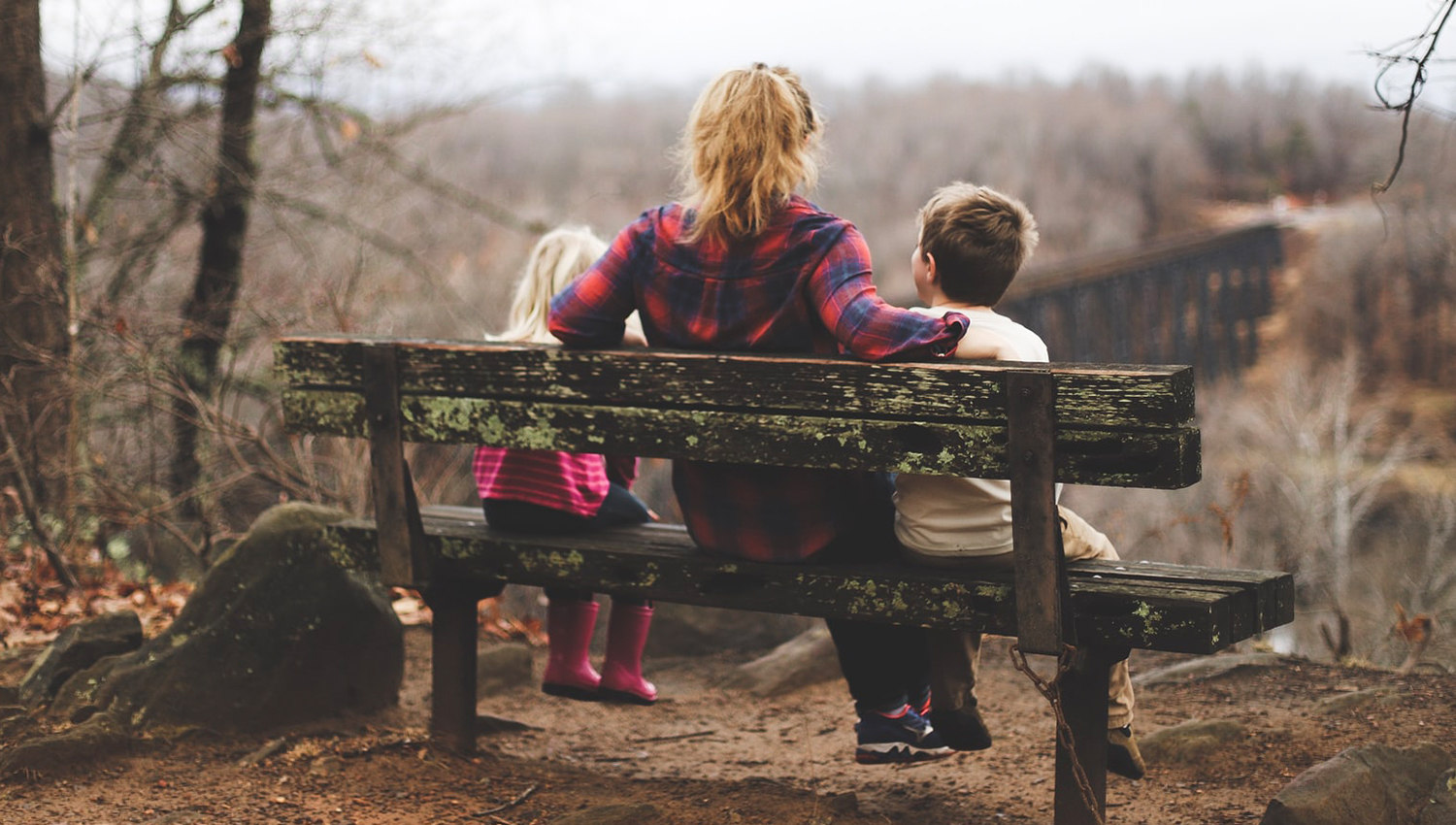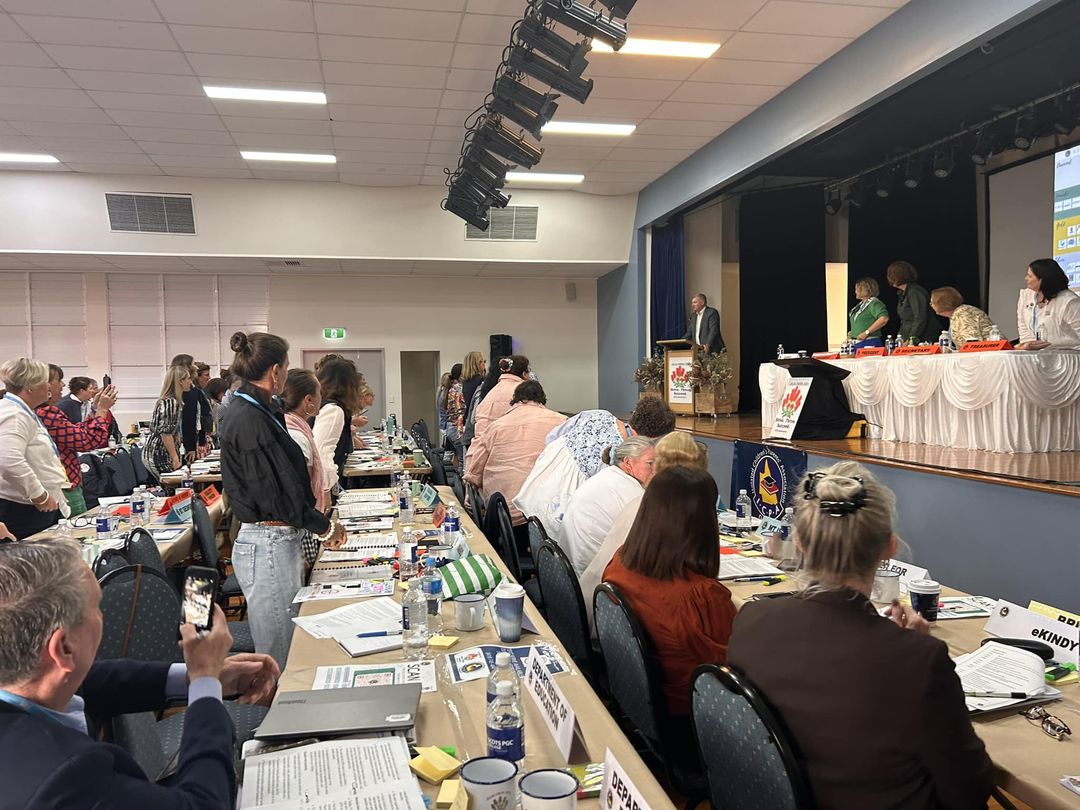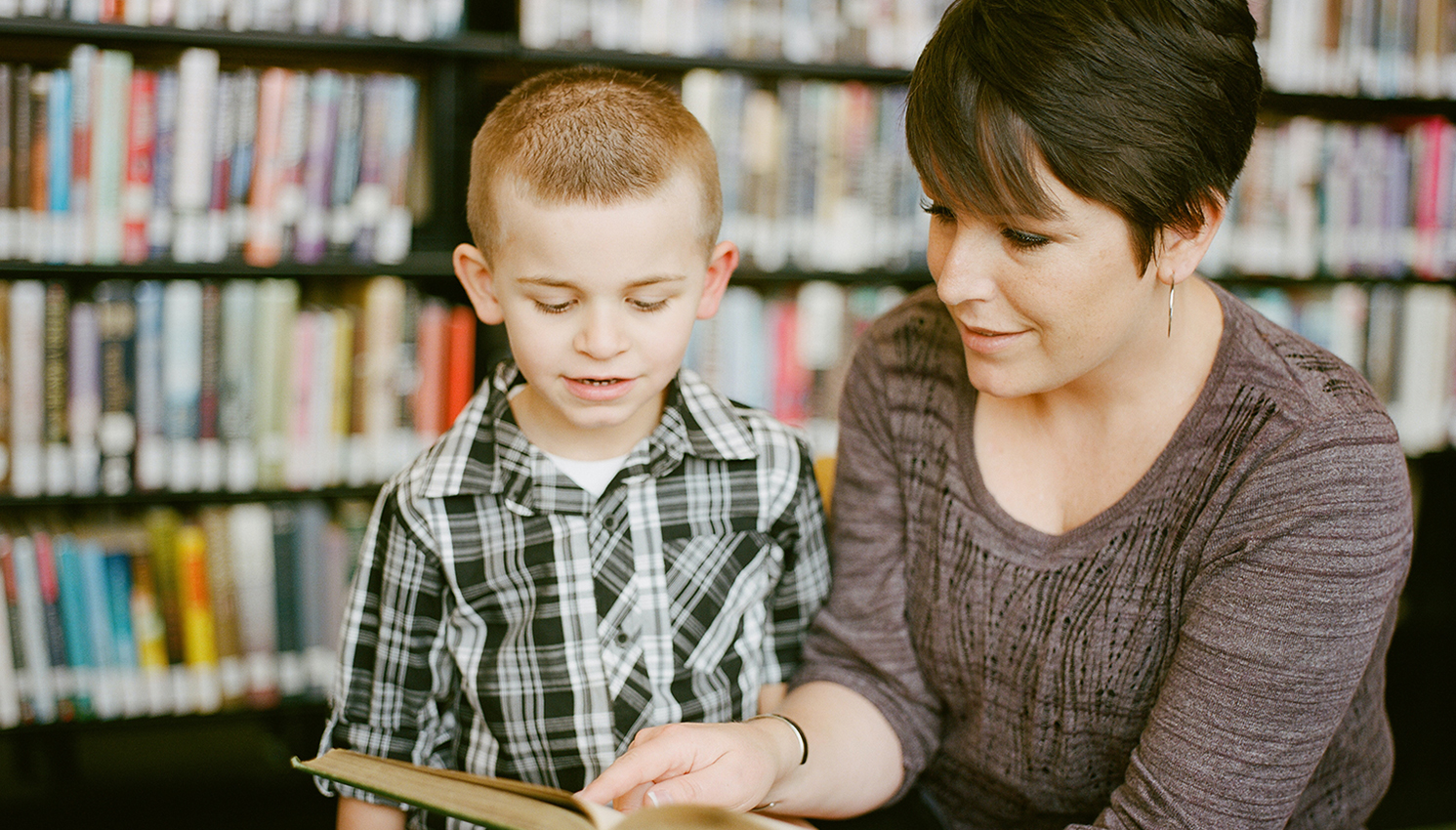How we explain the current coronavirus situation to our children (and how we are heard discussing it within their earshot) will have a big impact on how they process the unfolding situation.
That is the common thread through all the advice that has been coming from respected parenting, health and education experts over the past couple of weeks.
Below is a list of videos, articles and information sheets that have been specifically prepared for parents. We’ll update this list as more become available…
- This Queensland Government guide has some great pointers for parents on how to steer the conversation in a positive direction. “It’s important that adults understand the effect their own behaviour can have on children,” it says. “If you’re visibly upset or react in a way that suggests you’re fearful, children will take their cues from you…ensuring you’re armed with facts will help keep conversations calm, considered, and constructive.”
- Kids Helpline has a great poster for kids on their homepage titled “What to do if you’re anxious about a pandemic” which contains some good tips in teen/tween-friendly language.
- This easy-to-understand, factual guide from Queensland Health is great if you want to swat up on the facts before talking to your children, or if you want to give your older children something factual to read about the virus.
- This story from The Conversation stresses the importance of staying calm, sticking with the facts from health authorities, and getting on with normal life with your kids as much as possible.
- In this video from New Zealand Prime Minister Jacinda Adern she interviews two scientists and they discuss how to talk to children about the virus.
- Australian parenting educator Maggie Dent has released a special edition of her Parental as Anything podcast on how to support your children through the current health crisis. She also speaks directly to parents in this short video and imparts some good advice.
- Maggie Dent also has some good general advice about how to calm fearful and anxious children on her website.
- Child psychologist Dr Vanessa Lapointe gives her advice about how to speak to children about COVID-19 without scaring them in this US television interview. “Kids are very adept at reading what is going on with us as adults,” she says, “so if you are really freaked out as a mum or dad you can be very sure your child is picking up on those cues and they are going to be acting that out.”




